On Monday, July 1st, Noëmie Lucas participated in the 2024 International Medieval Congress (IMC) held in Leeds, presenting her research on fiscal revolts in a double panel organized by the SCORE team. She also chaired the second panel, contributing to a highly productive afternoon of presentations and discussions on revolts and rebellions in the Islamic world and their connection to crises.

Rebellion as Crisis Response: An Overview
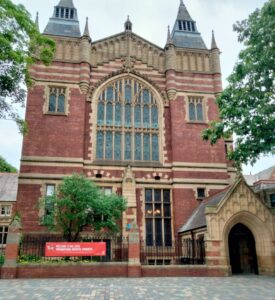
University of Leeds
The double panel, titled “Rebellion as Crisis Response?”, explored the role of rebellions and other contentious activities during moments of crisis—whether political, social, economic, or environmental. This interdisciplinary approach focused on the early Islamic world and its neighboring Christian societies, roughly from 600 to 1100 CE. The panels addressed several key questions:
- To what degree was rebellion a normative element of political culture, and to what extent was it a product of crisis?
- What kinds of opportunities did crises offer for the expression of discontent?
- What opportunities for advancement did such expressions provide?
- To what extent is a common culture of rebellion evident across the regions and societies in question?
The presentations examined how contention leveraged crises to either remedy or symbolize them.
The Panel Presentations
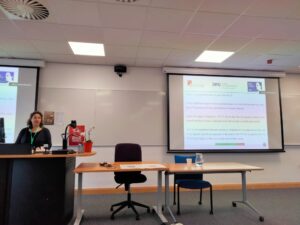
Hannah-Lena Hagemann presenting her research on the Kharijites
The double panel featured eight researchers presenting their work on various revolts:
- Alasdair Grant (Hamburg University): “Fitna and the North: Armenian Perspectives in Caliphal Contention”
- Natalie Kontny-Wendt (Hamburg University): “Being Alid in 8th-Century Medina: Opposing Abbasid Oppression”
- Eric H. Hanne (Florida Atlantic University): “Contextualising the Origins of a Rebellious Dynasty: Ali b. Mazyad, 961-1017”
- Alexander Sarantis (Leibniz-Zentrum für Archäologie): “The Rebellions of Shapur and the Mardaites and Byzantine-Arab Warfare, 662-680”
- Robert Haug (University of Cincinnati): “Provincial Responses to Crises of Imperial Authority in the Early Caliphate: The fitna of Abdallah b. Khazim”
- Hannah-Lena Hagemann (Hamburg University): “Rebels for a Cause?: Longue-Durée Perspectives on Kharijite Contention in Northern Mesopotamia, 7th-9th Centuries”
- Alon Dar (Hamburg University): “Rebellion and Regime Change in the Early Islamic Empire, 650-800: Provincial Elites between Unrest and Opportunism”
Noëmie Lucas’s Research on Egyptian Revolts
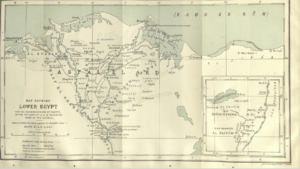
Noëmie Lucas’s presentation was titled “Revolts in the Egyptian Delta in the 8th and 9th Centuries: A Critical Stage of Negotiation?”. Unlike her previous work, which focused on the 784-785 revolt in the Egyptian Delta, Noëmie’s talk at Leeds covered approximately 150 years of recurrent unrest in Egypt, particularly in the Delta region. She proposed several key points:
- Utilizing methodological frameworks such as “New Fiscal Sociology” (viewing taxation as a negotiation process) and the Spinozist theory of institutions provides valuable analytical tools.
- Analyzing revolts requires considering the broader context of the Caliphate, as increased revolts in Egypt often coincided with periods of central authority struggle and instability.
- Examining the dynamics of these revolts, including the number of men involved and the Caliphate’s response, reveals how significant and threatening the Caliphate perceived the revolts to be.
- In negotiations, the key issue is not only the forces involved but also the objects of the negotiation.
- Al-Kindī’s emphasis on these revolts in Kitāb al-Wulāt indicates that sufficient historical material was available, suggesting that these events were well-preserved and significant in the political landscape. His alignment with the Egyptians and the rebels, in contrast to other sources like al-Ya’qūbī who sided with caliphal power, highlights different historical perspectives.
The presentations in this double panel complemented each other well, leading to a rich and diverse discussion. The audience posed numerous questions, reflecting the engagement and interest in the topic.
To know more about the SCORE project and its events: News & Events
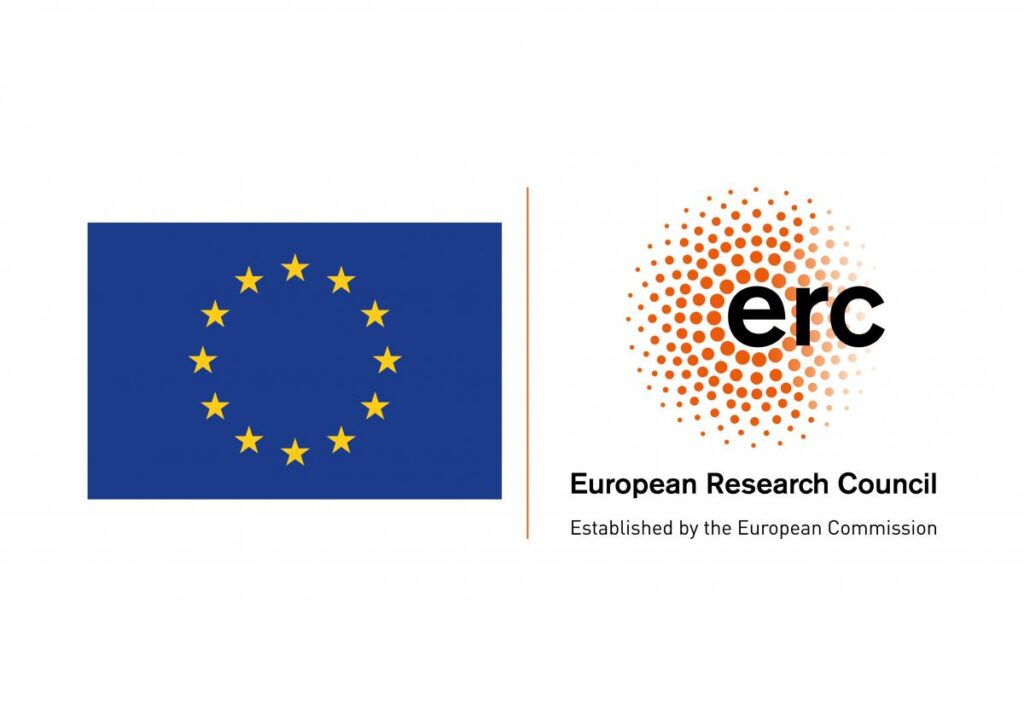

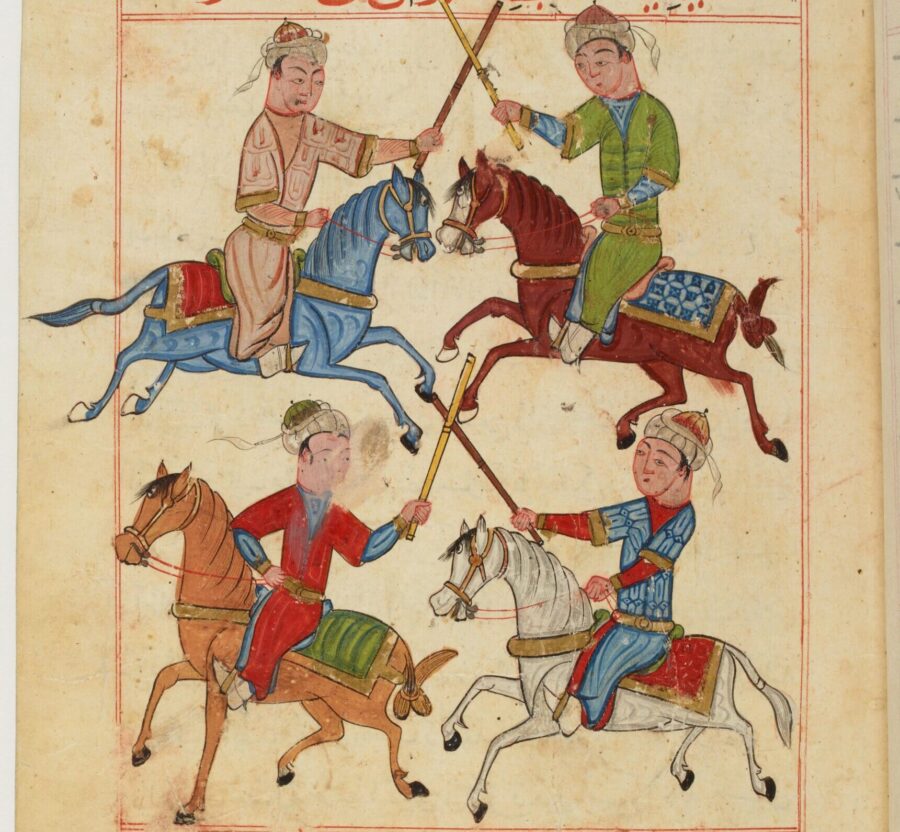

Leave a Reply